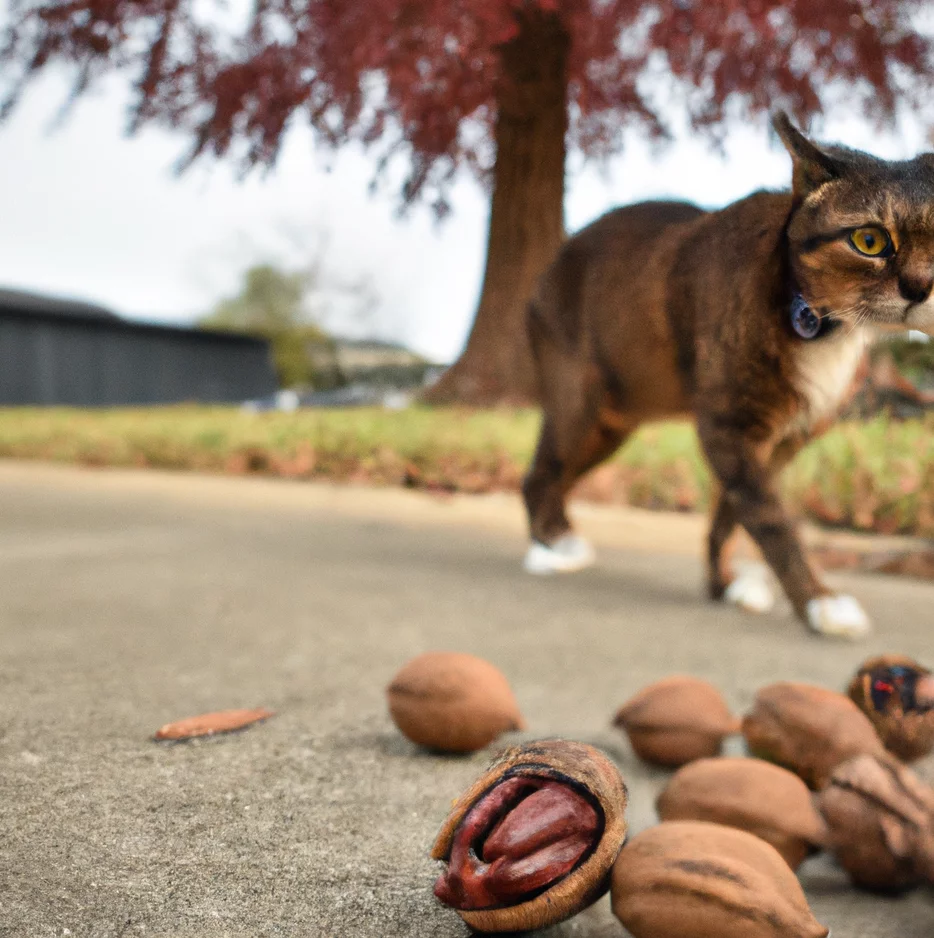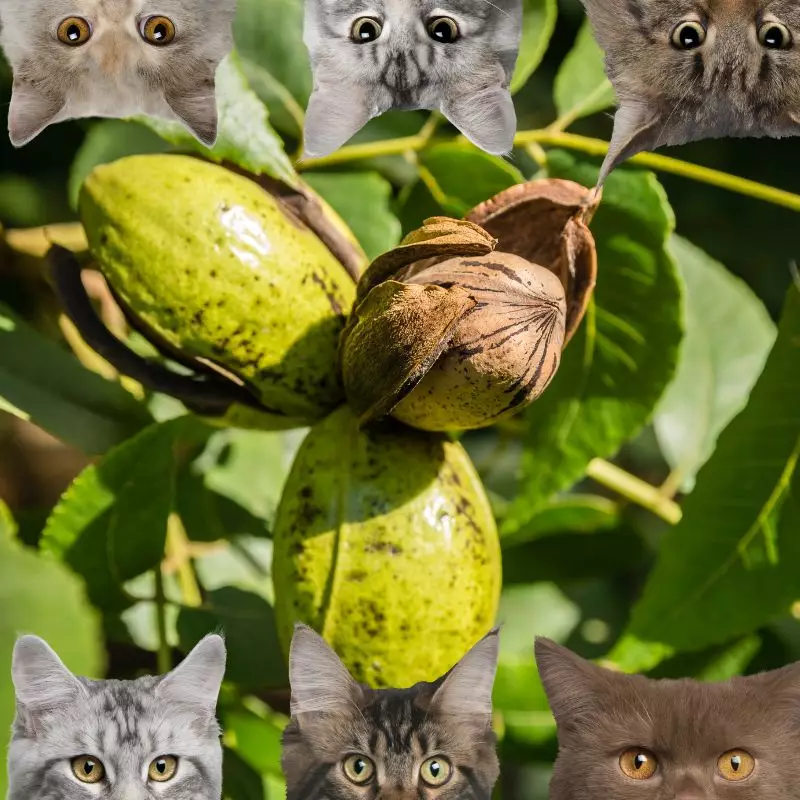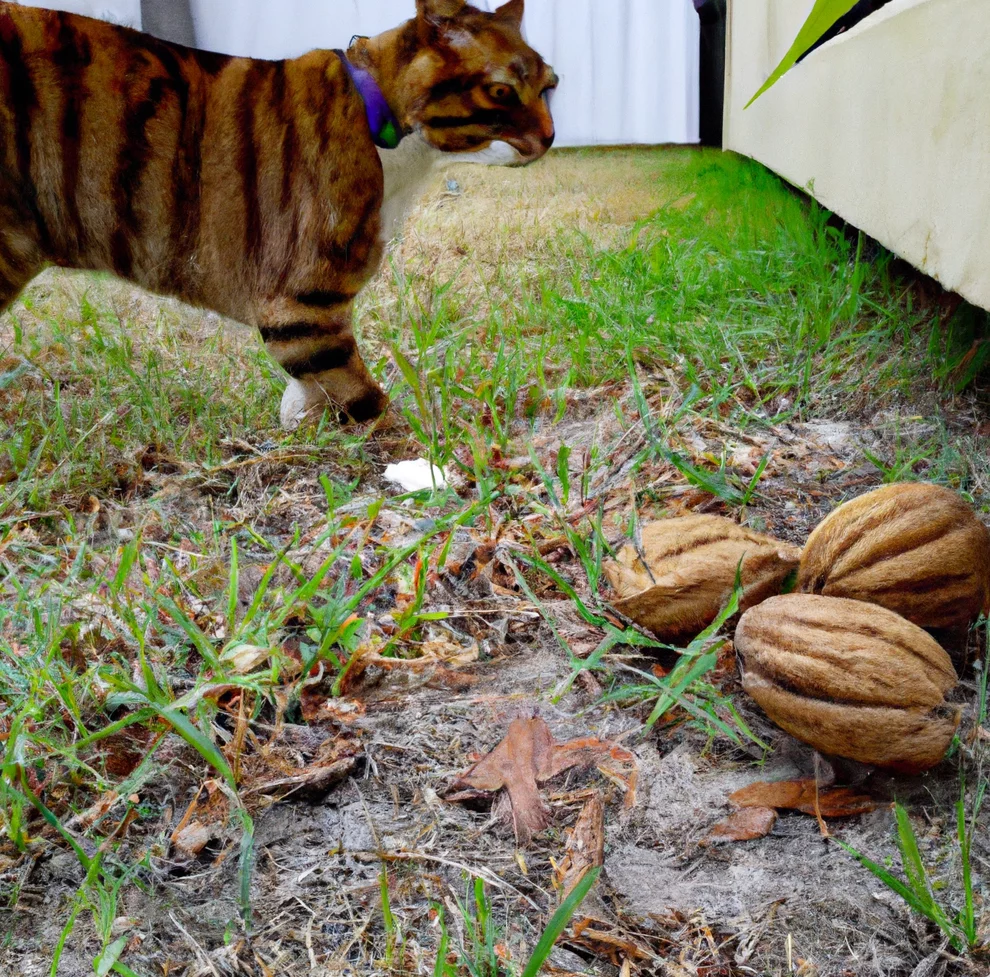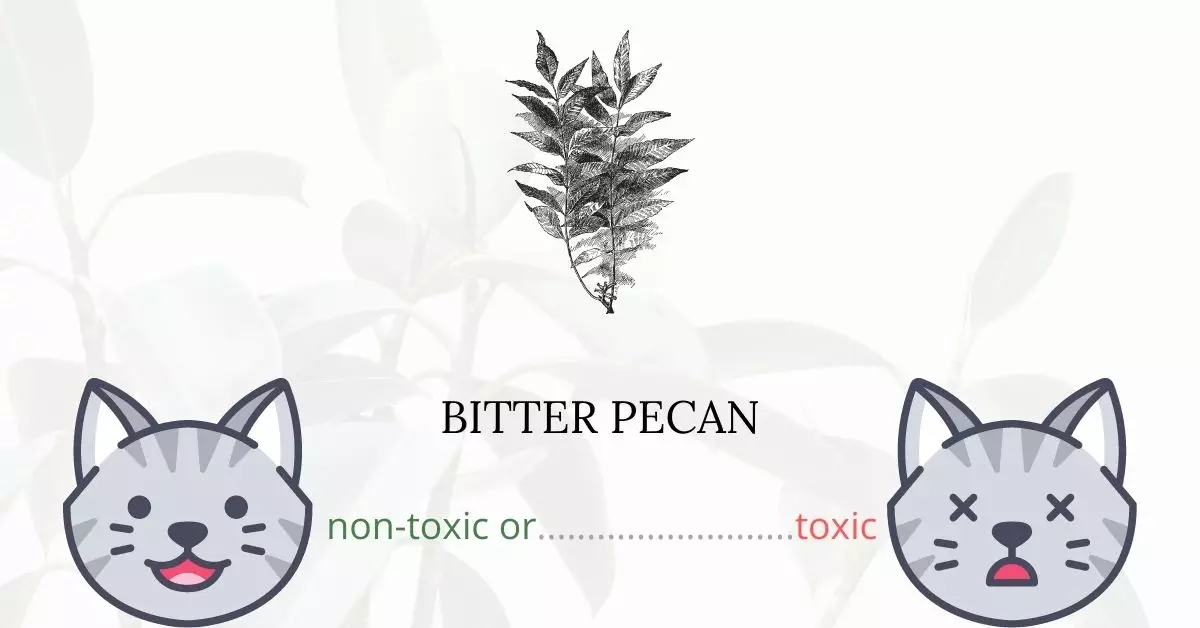Bitter Pecan poses no toxic threat to cats; in fact, it is classified as cat-friendly and is listed as a non-toxic plant for cats, dogs, and horses by the American Society for the Prevention of Cruelty to Animals (ASPCA) Poison Control Center.
This article has been meticulously composed in collaboration with a team of seasoned Doctors of Veterinary Medicine (DVMs), ensuring the provision of precise and current information concerning the potential risks Bitter Pecan and similar plants may pose to cats. Through the generous contributions and extensive knowledge of these veterinary experts, we can deliver reliable insights on the interactions between various plant species and animals, specifically focusing on Bitter Pecan in this discourse. Additionally, our assertions are substantiated by thorough research conducted on high-authority websites, such as ASPCA and PetMD, offering a comprehensive understanding of the implications of every plant analyzed in our discussions.
Can Cats Eat Bitter Pecan?

Bitter pecans are safe for consumption by cats. They are not harmful to cats, so if your cat eats a handful of these nuts, he or she will not suffer long-term consequences. This is not to say that cat parents should not prevent their cats from eating bitter pecans.
While cats may eat bitter pecans without suffering too many ill repercussions, they should avoid doing so.
Bitter pecans are high in omega-3 fatty acids, which help form cell membranes and give energy to your pet’s body. These nuts, however, may be difficult for your cat to digest, resulting in stomach discomfort, vomiting, or diarrhea.
The primary issue with nuts like bitter pecan is their high-fat content. A high-fat diet in cats can lead to weight gain and an increased risk of diabetes and pancreatitis. Even while most bitter pecans are not hazardous to cats, you should be aware of which ones may be harmful and in what quantities.
What is a Bitter Pecan?

Scientifically called Carya aquatica, bitter pecan is a large native deciduous shade tree in the walnut family of Juglandaceae. Bitter Water Hickory, Swamp Hickory, Water Hickory, and Water Pignut are all the other common names for bitter pecan.
Bitter pecan trees have become an important component of wetland forests in the southeastern United States as a result of selective cutting by the lumber industry. It is said to be critical in cleaning up water outflow during flooding. It grows well in wet soils but thrives in well-drained moist soils near rivers and other streams.
Ducks, squirrels, feral pigs, and other species consume water hickory nuts to varying degrees. Water hickory is occasionally planted or preserved as a shade tree in natural stands. The wood is popular local firewood and is sometimes used to create fence posts.
Low floodplains, where water hickory is a prominent species, are becoming more well-known for their capacity to purify drainage water and provide sanctuary for many vulnerable plant and animal species.
Keeping Cats Away From Bitter Pecan

If you live near bitter pecan trees, you need not be alarmed. However, to be on the safe side, keep your cats well-fed and engaged indoors. This decreases the possibility that they may escape and munch plants out of hunger or boredom.
You may limit their outdoor activities and keep them entertained inside your house. Try building fences and placing safety nets around your house as well, if needed.
Plants to Avoid For Your Cats
If you are a cat owner and unsure if the plants growing in your yard are harmful to your cats, check out this list of toxic plants for cats. You can also check our list of non-toxic plants for cats.





